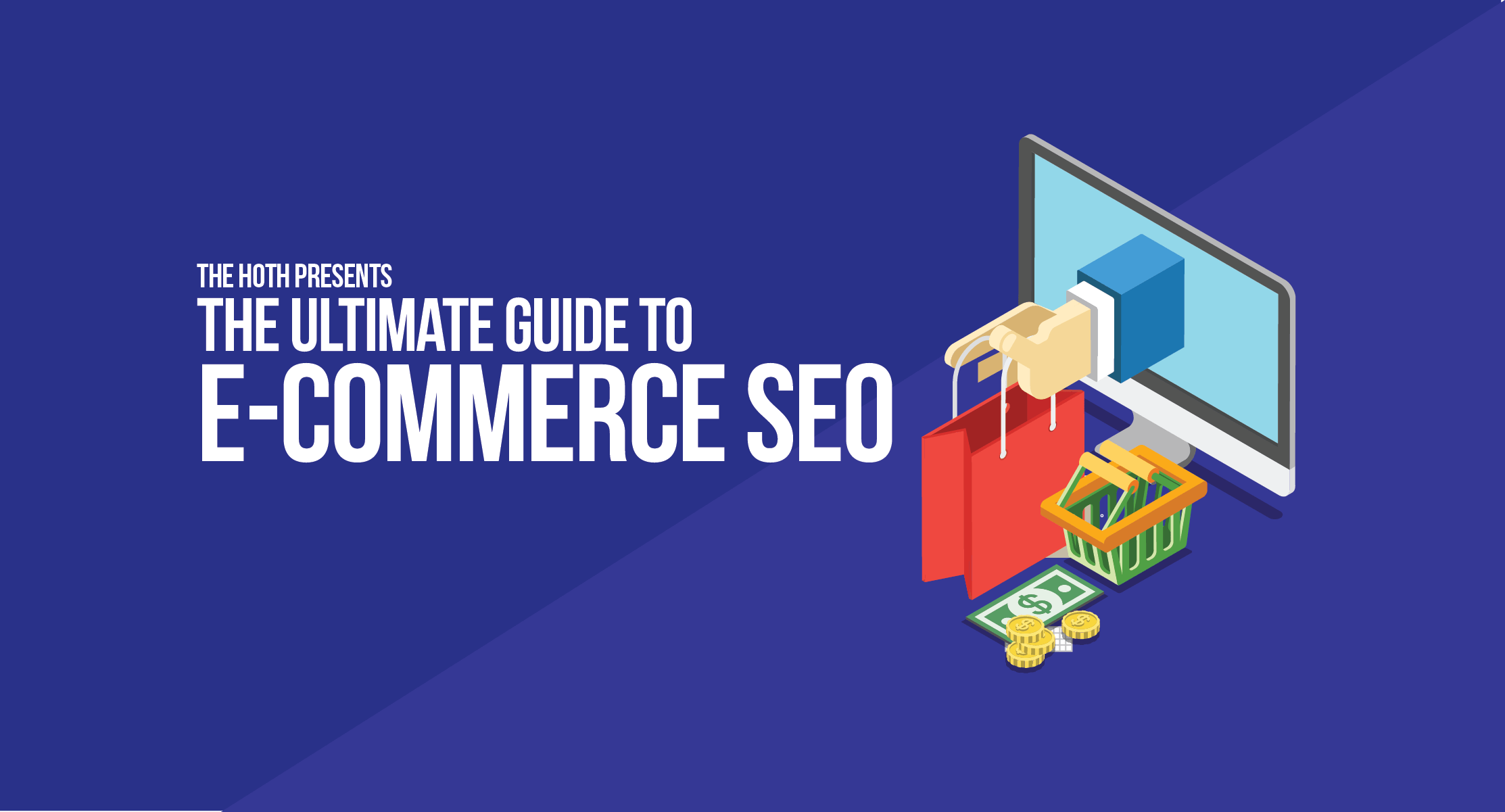In the digital marketplace, the significance of E-commerce SEO cannot be overstated. It’s the engine that powers visibility and drives customer engagement in the vast online world.
This guide will delve into the nuances of E-commerce SEO. It will focus on four key pillars: Keyword Research, Creating Unique and Valuable Content, Link Building, and Coding for Rich Snippets.
Understanding E-commerce SEO
E-commerce SEO is a set of specialised strategies designed to enhance the visibility of online stores in search engine results. This technical expertise is crucial for businesses to navigate the digital seas.
The Role of SEO Services for E-commerce
SEO experts are the navigators in the complex world of digital marketing. They use a range of techniques to ensure an online store appears in search engine results. This enhanced visibility is pivotal in driving traffic. It engages with potential customers and boosts sales.
How SEO Services Enhance Online Stores?
- Website Optimisation: Tailoring your site to be more search engine-friendly.
- Keyword Strategy: Pinpointing the right words that potential customers use to search for your products.
- Performance Tracking: Using analytics to monitor and refine the SEO strategy.
- Keyword Research: This step is about understanding what potential customers are searching for and how they phrase their queries.
The Process of Keyword Research:
- Understanding Customer Behavior: Gain insights into the search patterns of your target market.
- Competitive Analysis: Investigate what keywords competitors are targeting and identify opportunities for differentiation.
- Using SEO Tools: Tools like Google Keyword Planner are essential for uncovering effective keywords.
Creating Unique and Valuable Content
Content is king in the world of SEO. It’s about creating content that adds value to your customers.
- Engaging Product Descriptions: They should be informative, compelling, and infused with keywords.
- Blogging: Create blog posts that address common questions, provide insights, or offer solutions, incorporating your keywords naturally.
- User-Generated Content: Encourage customer reviews and testimonials, which can organically include keywords.
Weaving a Network
High-quality backlinks from credible websites are like votes of confidence. It signals to search engines that your site is a valuable resource.
- Guest Blogging: Write for other websites and include a link to your site.
- Partnerships: Collaborate with influencers or businesses in related fields for mutual linking.
- Creating Shareable Content: Content that attracts shares often earns backlinks.
Coding for Rich Snippet Search Results
Rich snippets stand out in search results by providing extra details like ratings, prices, or product availability in the search results.
- Stay Updated: The digital landscape changes rapidly. Keeping abreast of SEO trends is critical.
- Analyse and Adapt: Regularly review your SEO strategy’s performance through analytics and adjust as necessary.
E-commerce SEO is a continuous journey of adaptation and refinement. It involves a strategic blend of understanding search engines and user behaviour, crafting content that resonates, building a network of quality links, and ensuring your website is coded to stand out in search results through rich snippets.
The Impact of E-commerce SEO
- Enhanced Visibility: Proper SEO makes your store more visible to potential customers.
- Increased Traffic: Higher rankings in search results can lead to more website visitors.
- Better User Experience: SEO pleases search engines. It creates a better experience for your customers.
The Human Element in E-commerce SEO
While the technical aspects of SEO are crucial, the human element should not be overlooked. Understanding your target audience’s needs, behaviours, and preferences is at the heart of effective SEO.
- Empathy and Understanding: See your products from your customer’s perspective.
- Engagement: Use your content to start conversations and build relationships.
- Feedback: Listen to customer feedback and let it guide your SEO strategy.
The Future of E-commerce SEO
As technology advances, E-commerce SEO is set to evolve. Voice search, AI, and emerging online shopping trends will shape future strategies.
- Embracing New Technologies: Keep an eye on emerging trends and technologies like voice search optimisation.
- Adaptable Strategies: As new SEO trends emerge, be ready to pivot your approach.
- Long-Term Vision: Focus on building a sustainable and adaptable SEO strategy that can withstand changes in the digital landscape.
Conclusion:
E-commerce SEO is a multifaceted and dynamic field. It combines technical know-how, creative content strategy, savvy marketing, and a deep understanding of customer behaviour.
By focusing on the key areas of keyword research, content creation, link building, and rich snippets as well as staying adaptable in the face of change, e-commerce businesses can achieve and sustain online success.
E-commerce SEO is not just about ranking higher in search results but also about connecting with customers, understanding their needs, and providing them with a seamless and enjoyable online shopping experience!


